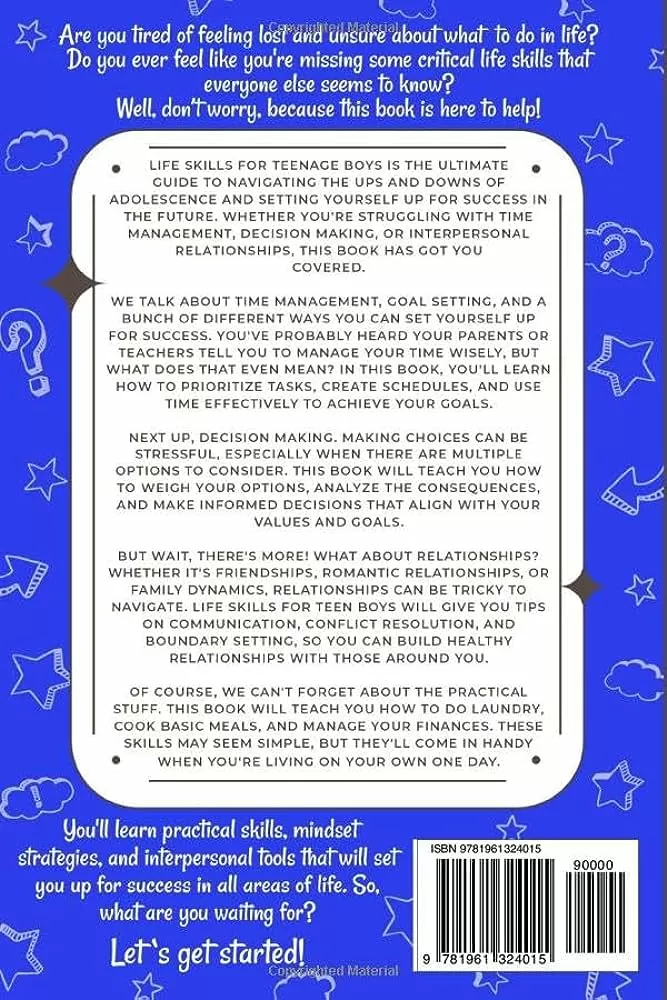How can I improve my conflict resolution skills in a family setting?


Conflict is an inevitable part of family life. Whether it’s a disagreement over chores, parenting styles, or financial decisions, conflicts can arise and create tension within the family dynamic. However, conflict resolution skills can help navigate these disagreements and foster healthier relationships within the family. In this article, we will explore various strategies and techniques to improve conflict resolution skills in a family setting.
Understanding Family Dynamics
Before delving into conflict resolution strategies, it is essential to understand the dynamics that exist within a family. Each family has its unique set of values, beliefs, and communication styles. Recognizing these differences can help in approaching conflicts with empathy and understanding.
Effective Communication
One of the key elements in conflict resolution is effective communication. Here are some tips to improve communication within the family:
1. Active Listening: Practice active listening by giving your full attention to the person speaking. Avoid interrupting or formulating your response while they are still talking. This shows respect and allows for better understanding.
2. Use “I” Statements: When expressing your concerns or frustrations, use “I” statements instead of “you” statements. For example, say “I feel upset when…” instead of “You always make me angry when…”. This helps to avoid blaming and encourages open dialogue.
3. Emotional Intelligence: Develop emotional intelligence by being aware of your own emotions and those of others. This allows you to respond to conflicts in a more empathetic and understanding manner.
Problem-Solving and Negotiation
Conflict resolution involves finding mutually agreeable solutions through problem-solving and negotiation. Here are some strategies to enhance these skills:
1. Identify the Underlying Issues: Dig deeper to identify the root causes of the conflict. Often, conflicts in a family setting are not just about the surface-level disagreement but may stem from deeper issues such as unmet needs or unresolved past conflicts.
2. Brainstorm Solutions: Encourage everyone involved to brainstorm potential solutions. Write down all ideas without judgment. This creates a collaborative environment where everyone’s input is valued.
3. Evaluate and Compromise: Evaluate the pros and cons of each solution and work towards a compromise that addresses the needs and concerns of all family members. Remember, compromise does not mean giving up everything, but finding a middle ground that satisfies everyone to some extent.
Mediation and Seeking Outside Help
In some cases, conflicts within a family may be too complex or deeply rooted to resolve on your own. Seeking outside help, such as family therapy or mediation, can be beneficial. Here’s how:
1. Family Therapy: Family therapy provides a safe space for all family members to express their thoughts and feelings. A trained therapist can help facilitate communication, identify patterns, and guide the family towards healthier conflict resolution strategies.
2. Mediation: In situations where conflicts involve two individuals within the family, mediation can be a useful tool. A neutral third party helps facilitate communication and guides the individuals towards finding a resolution that works for both parties.
Building Empathy and Understanding
Empathy plays a crucial role in conflict resolution. It allows us to understand and validate the emotions and perspectives of others. Here are some ways to build empathy within the family:
1. Put Yourself in Their Shoes: Take a moment to imagine how the other person might be feeling or what they might be experiencing. This helps in gaining a different perspective and fosters empathy.
2. Validate Emotions: Acknowledge and validate the emotions of others, even if you don’t agree with their viewpoint. This shows that you respect their feelings and creates a more open environment for resolving conflicts.
Conclusion
Improving conflict resolution skills in a family setting requires effort and practice. By understanding family dynamics, practicing effective communication, developing problem-solving and negotiation skills, seeking outside help when needed, and building empathy and understanding, families can create a healthier and more harmonious environment. Remember, conflict is a natural part of family life, but how we approach and resolve it can make all the difference.
Recent Posts
How do I create an engaging and informative online quiz or assessment?
Creating an engaging and informative online quiz or assessment can be a powerful tool for… Read More
What are the most effective methods for managing and reducing work-related stress in the hospitality industry?
Work-related stress is a common issue in the hospitality industry, where employees often face long… Read More
How can I improve my assertiveness and communication skills in a leadership position?
In a leadership position, assertiveness and effective communication skills are crucial for success. Being able… Read More
What are the key elements of a successful employee recognition and rewards program?
Employee recognition and rewards programs play a crucial role in motivating and engaging employees, as… Read More
How do I effectively manage and respond to customer feedback and reviews?
Customer feedback and online reviews play a crucial role in shaping a company's reputation and… Read More
What are the best strategies for effective time management as a stay-at-home parent?
Effective time management is crucial for stay-at-home parents who juggle multiple responsibilities on a daily… Read More